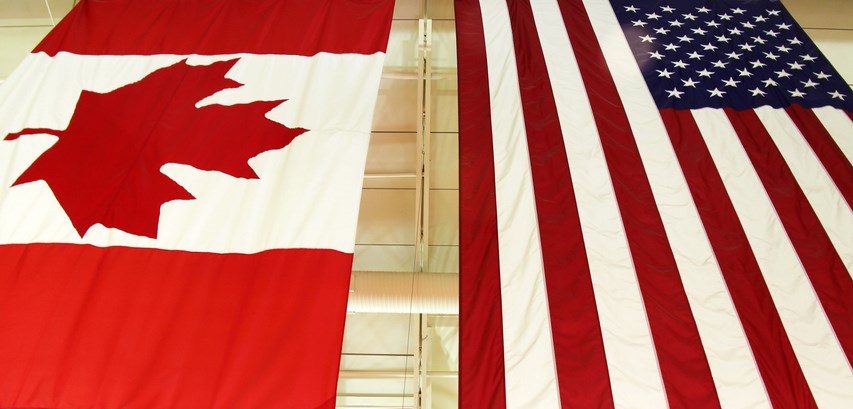Former prime minister Pierre Trudeau once famously compared the relationship between Canada and the United States to that of a mouse sharing a bed with an elephant with the mouse affected by every “twitch and groan” coming from the big beast.
This past weekend saw the U.S. elephant let out a tremendous roar and as its northern neighbour we are going to feel its impact.
To the relief of many, U.S. President Joe Biden became just the fourth sitting president in the country’s history to decline to seek a second term even when eligible to do so.
Biden’s move is akin to a political earthquake and could have major ramifications for this country and for B.C.
His looming departure throws the U.S. presidential contest into massive uncertainty and the vote is less than three months from now.
Polls had suggested former U.S. president Donald Trump had a lead in support in key battleground states where the election will be won or lost, but they mean nothing now.
At this point, it looks like Vice-President Kamala Harris — who has Biden’s endorsement, as well as the backing of many key Democrats — is the candidate to beat for the party’s nomination.
Whether she can defeat Trump is the big question, and it is likely that more British Columbians than not will be cheering her on.
Polls over the years have shown Trump is not popular in Canada and certainly not in B.C., but his support has inched up over time.
A poll by Research Co. back in May showed 59 per cent of Canadians considered Trump’s time as president as being “very bad” or “bad” for Canada. That’s a high negative number, but it is down from the 73 per cent finding from a similar poll in 2020.
In B.C., Trump fared slightly worse, with just 28 per cent of British Columbians holding positive views of his presidency.
Biden fared better in the May poll, with 52 per cent of British Columbians approving his job performance and 48 per cent nationally voicing their approval.
The difference in how Trump and Biden (and, by extension, Harris) are viewed by the Canadian electorate may more likely be based on personalities than policies.
That’s because the most contentious of all U.S. policies that affect Canada and B.C. are usually related to foreign trade, and both Trump and Biden have had similar policies when it comes to protectionism.
Trump greatly increased the number of economic tariffs and penalties on Canadian goods coming into the U.S. and Biden, for the most part, left them largely in place and came up with new ones of his own (his administration continued the decades-old softwood lumber dispute with B.C.).
Harris, for her part, has voiced support for protectionist policies as well.
Then there is J.D. Vance, the newly chosen vice-presidential running mate with Trump. He is aggressively pro-protectionist and may outdistance Trump in that regard.
Protectionist measures from both U.S. parties appear to be here to stay, much to Canada and B.C.’s potential detriment.
British Columbians are mere bystanders to the coming U.S. election, but we have a stake in its outcome, and it is not just an economic one.
The political culture in the country to our south seems to be falling apart and many seasoned observers in that country fear a second Trump administration may doom its existence.
But another term of a Democratic president is no guarantee of civil peace in that country either.
The elephant that is our neighbour is about to get very disruptive indeed, and we are all going to feel it.
Keith Baldrey is chief political reporter for Global BC.



